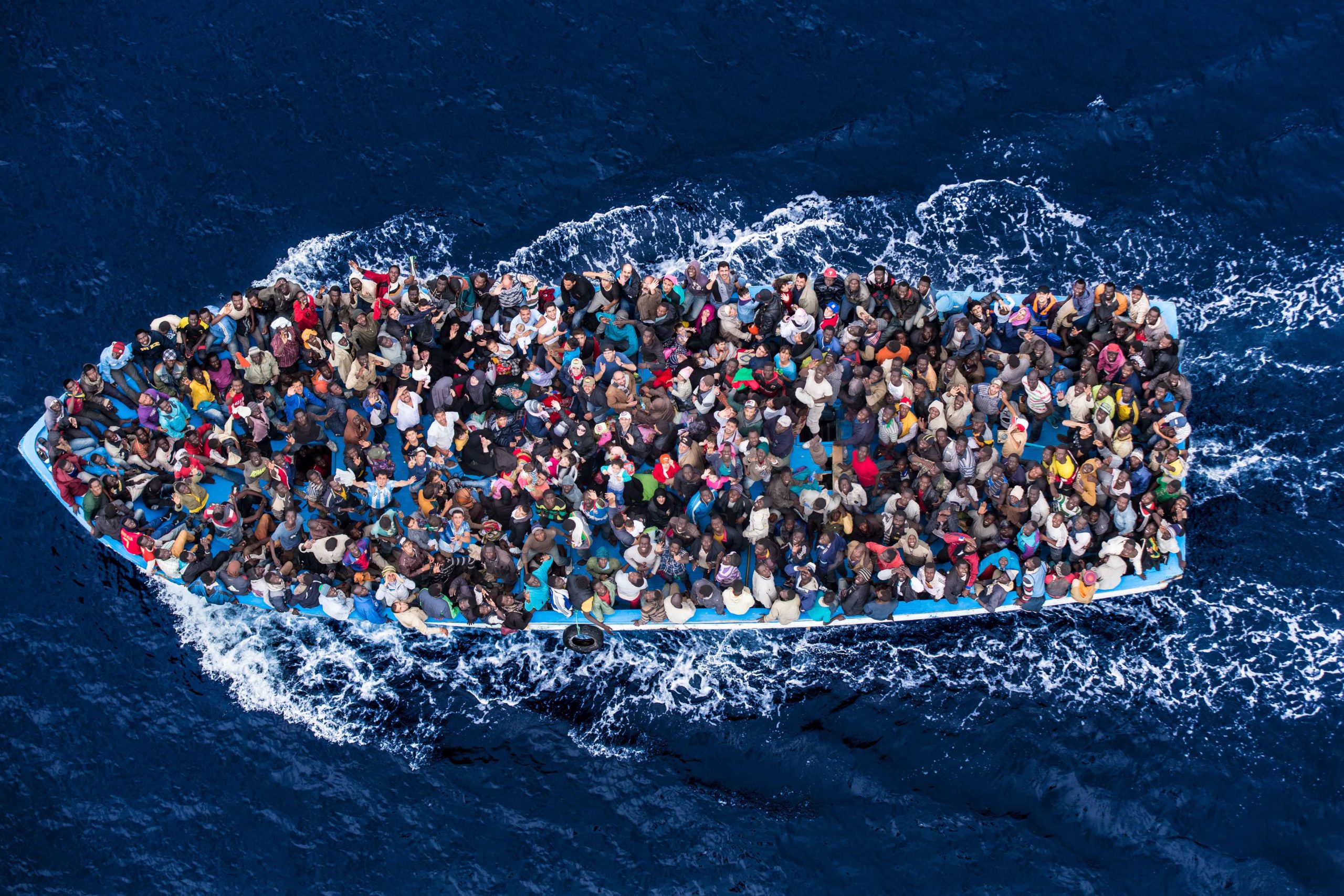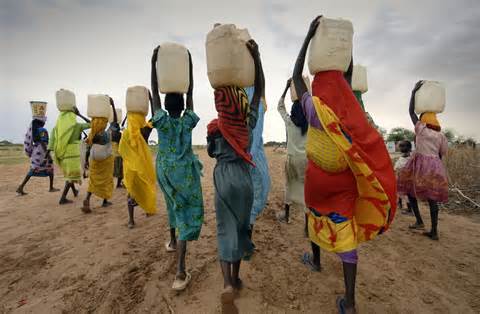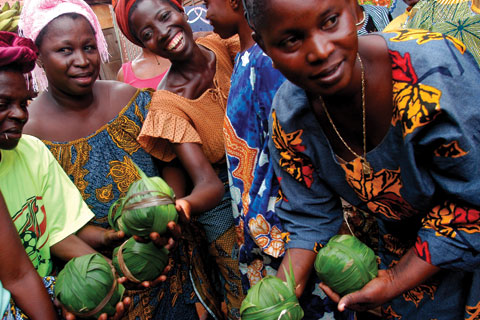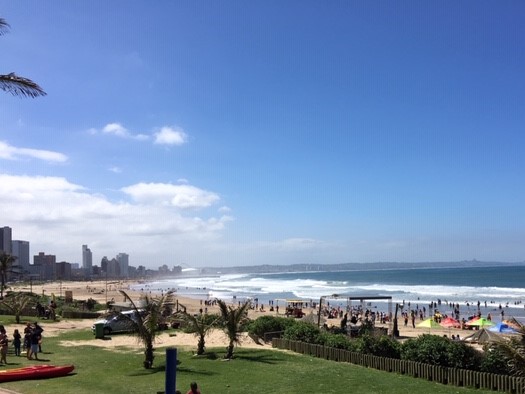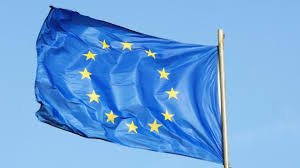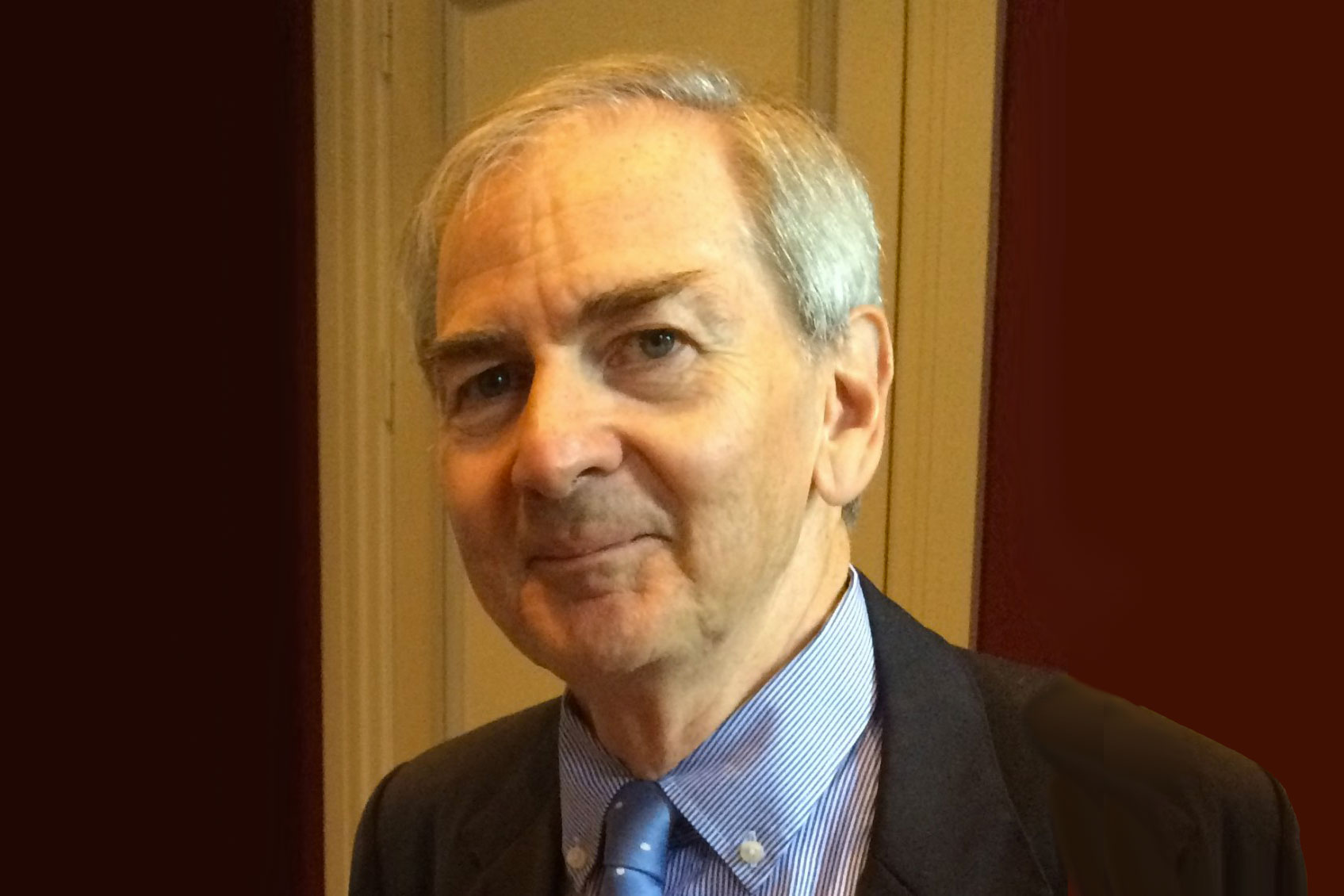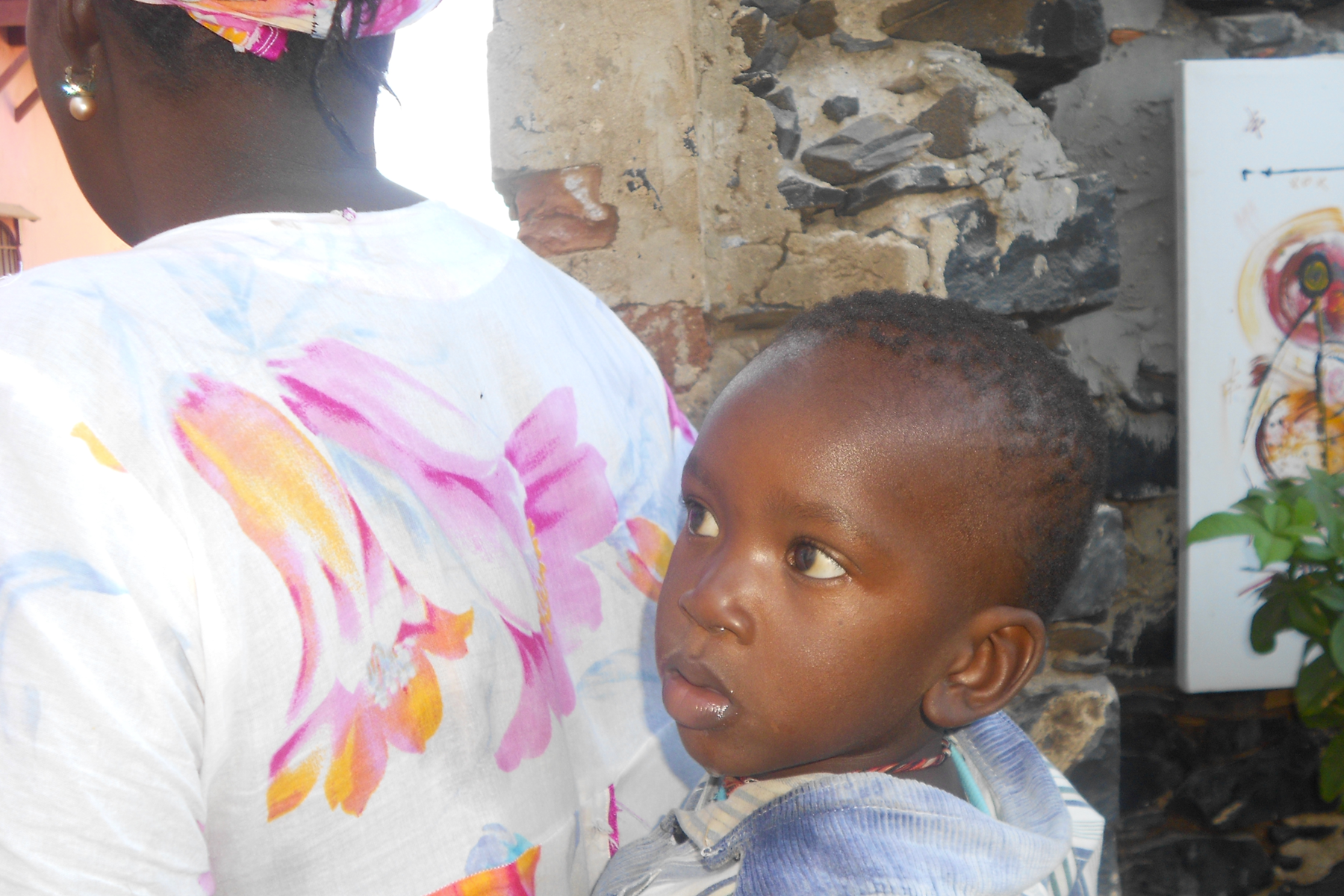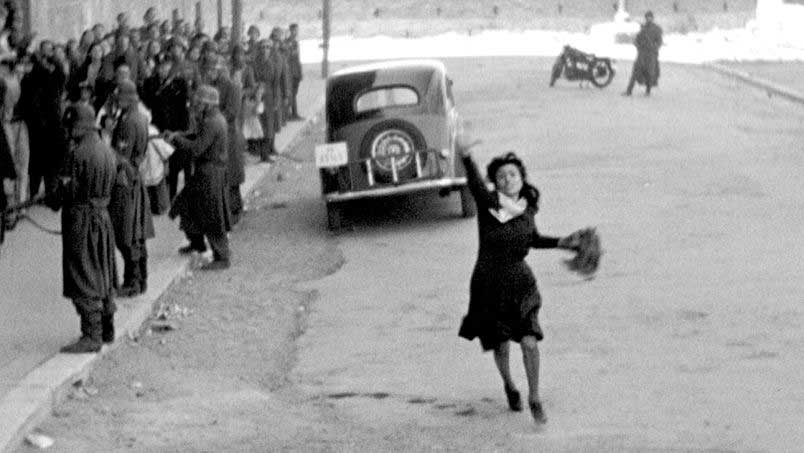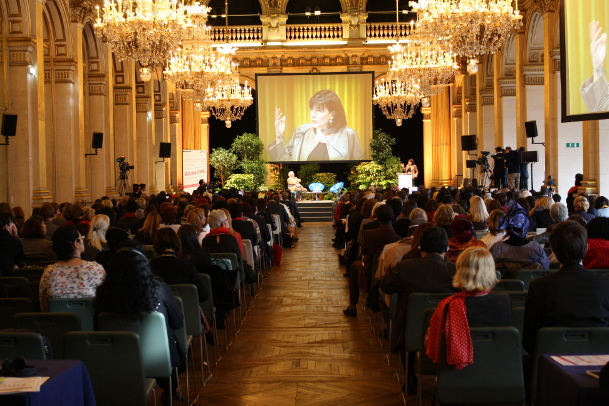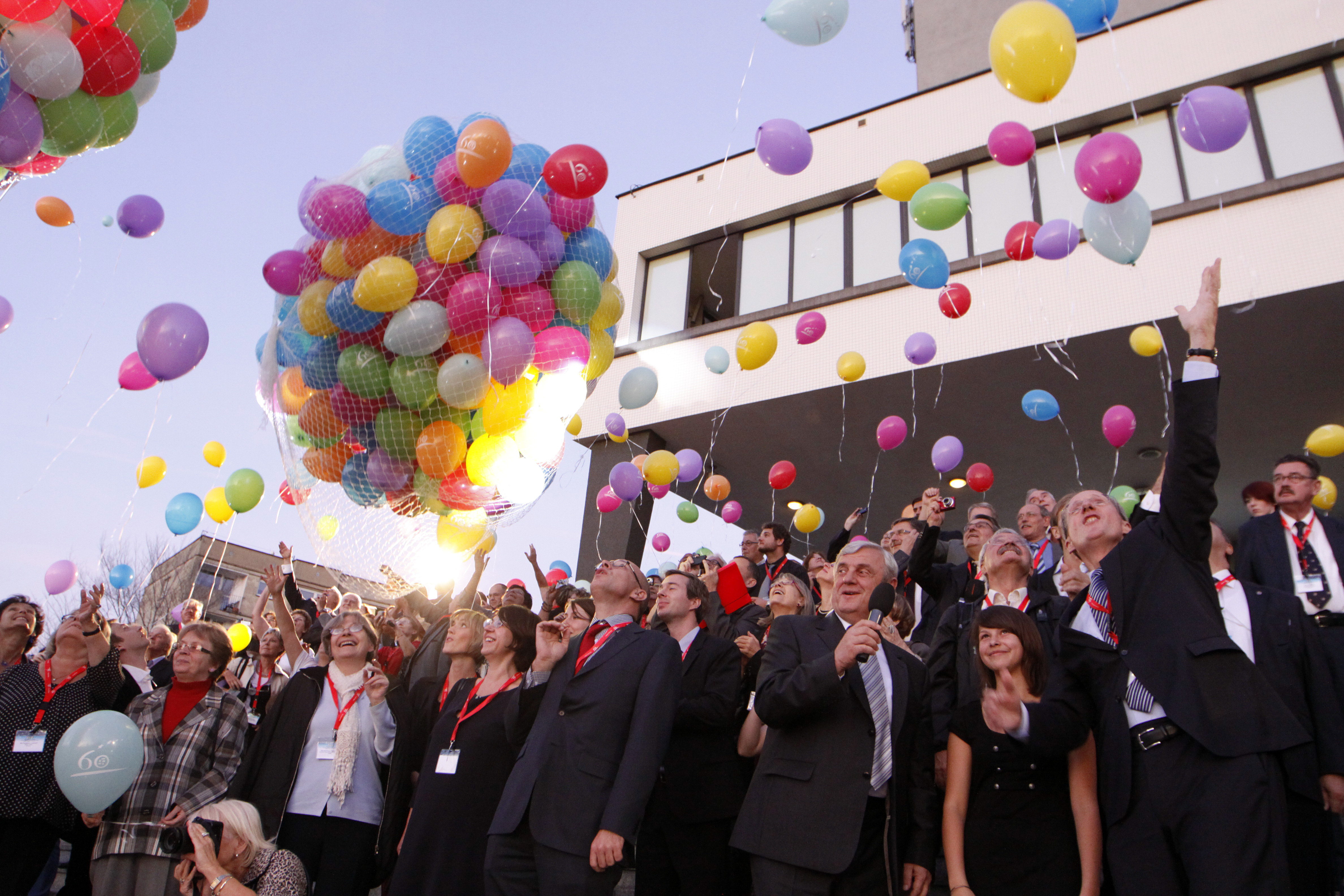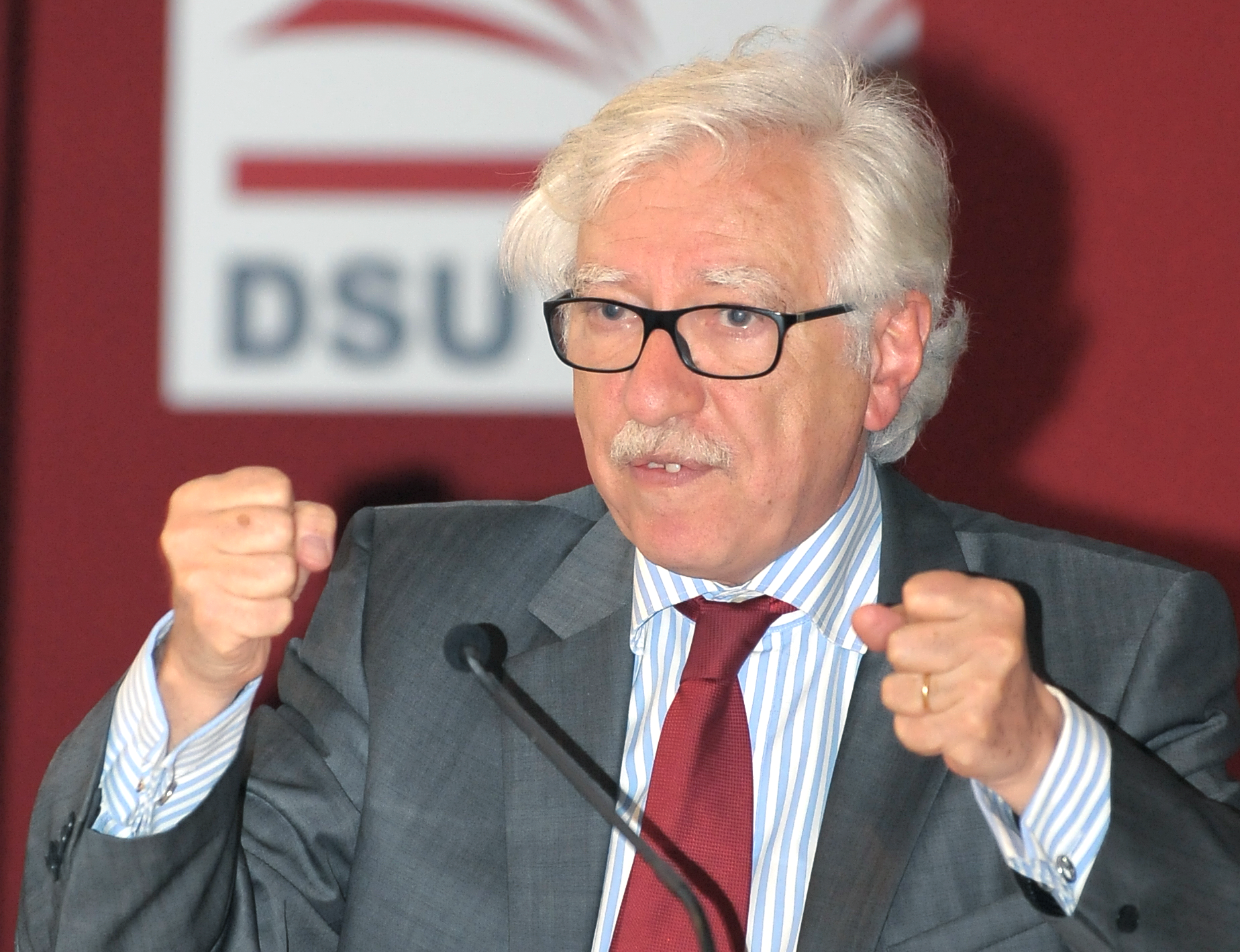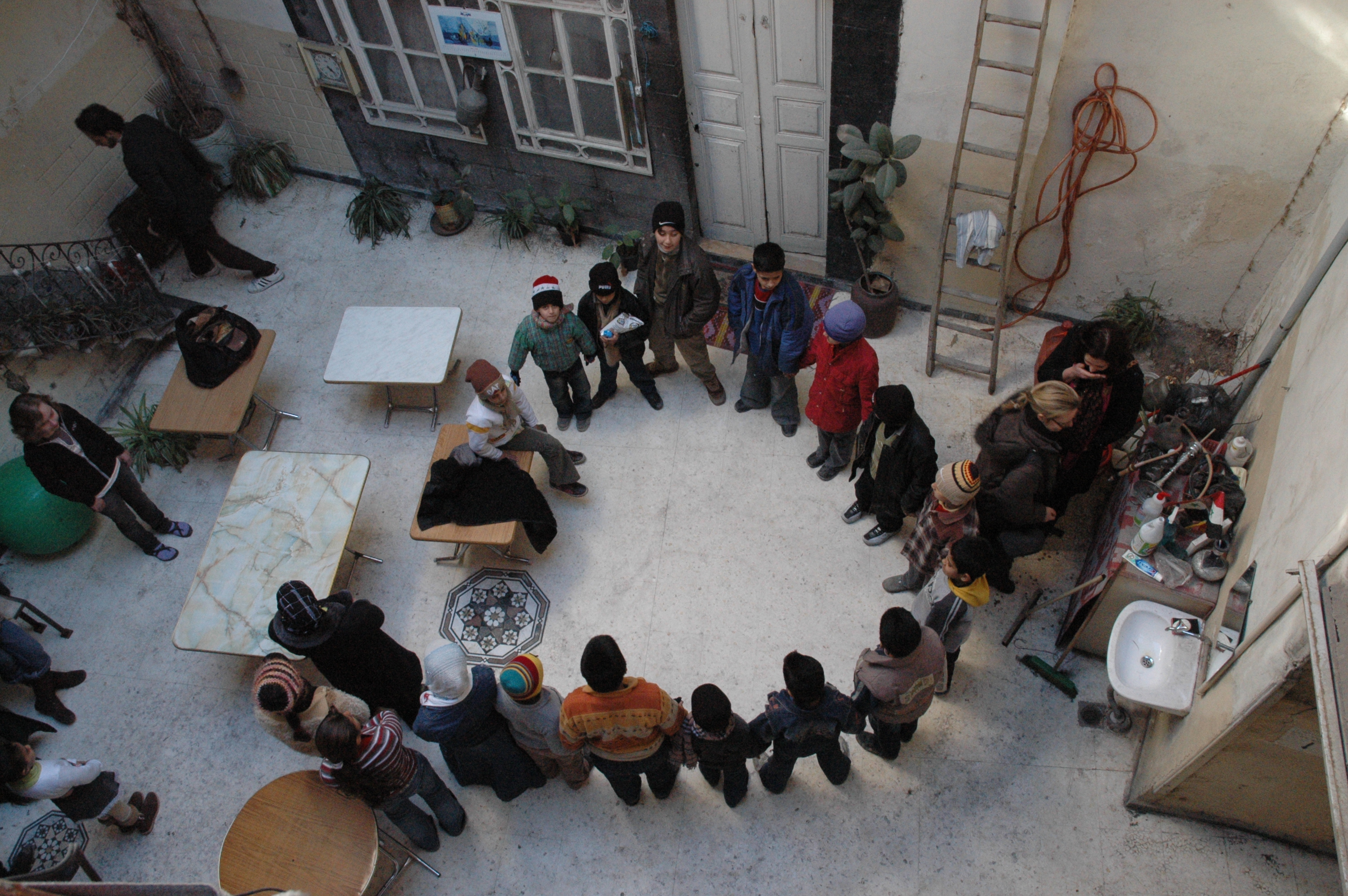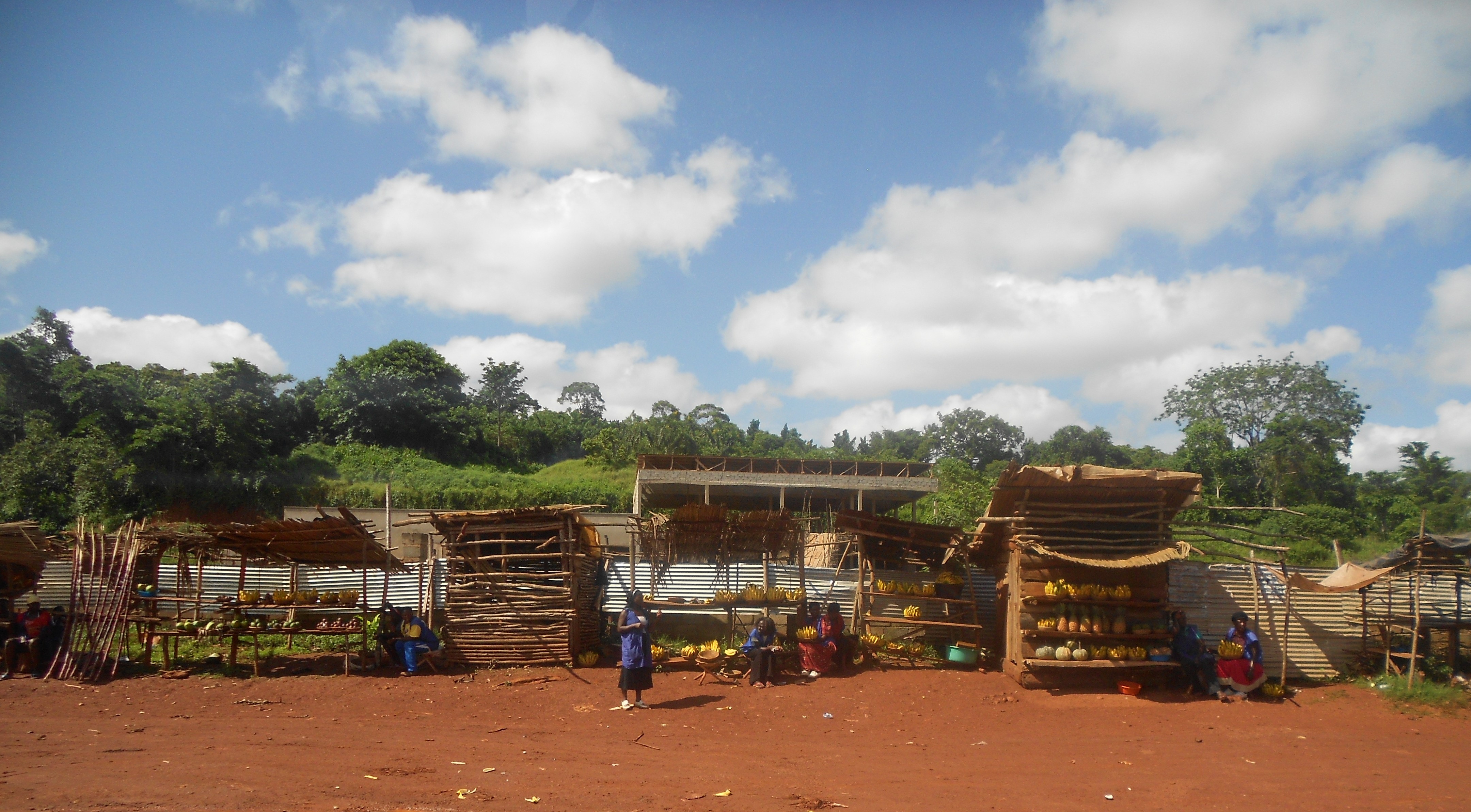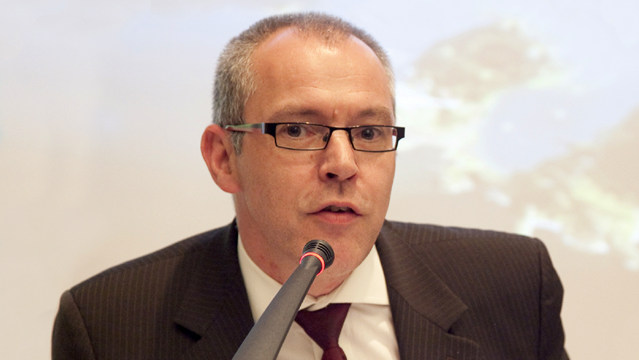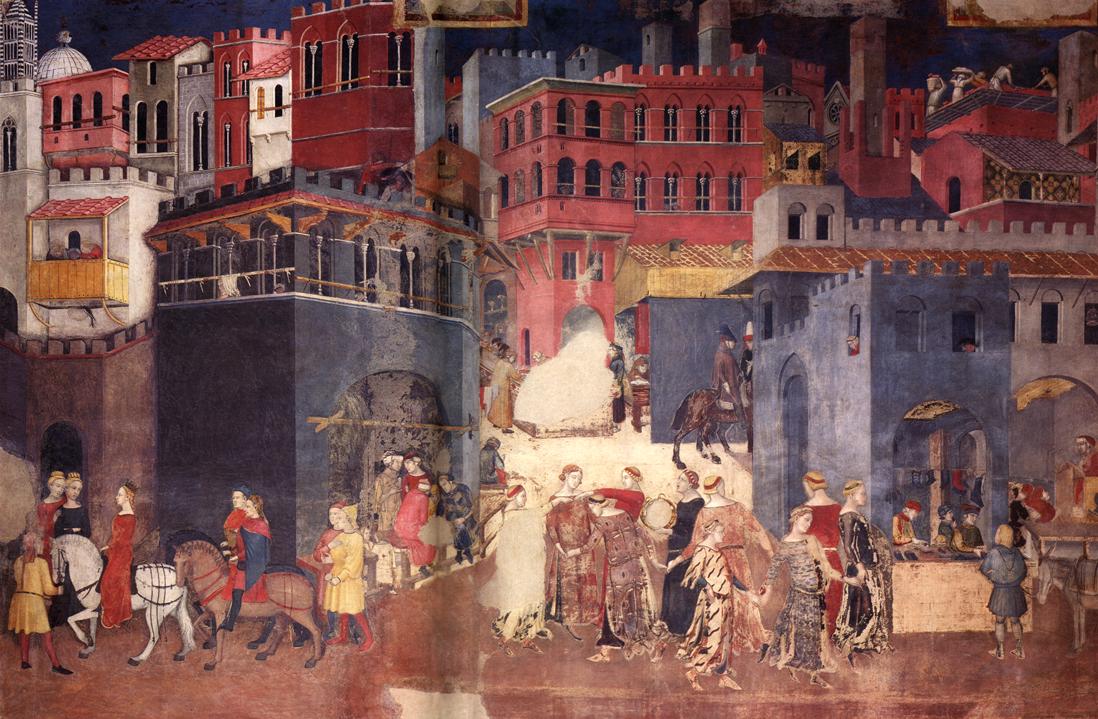Fragile Countries and Local and Regional Authorities
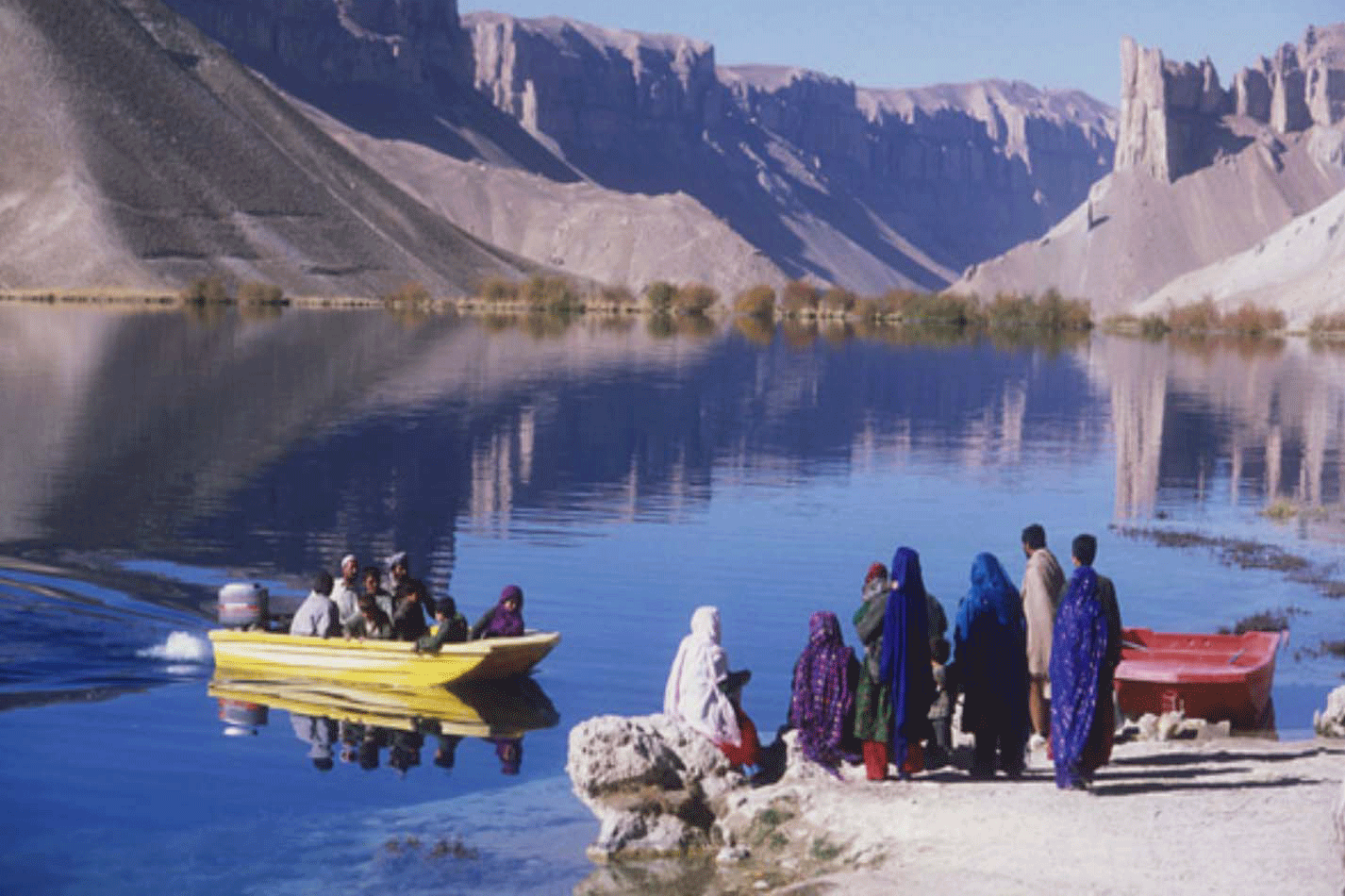
The latest tragedy of yet another sinking of a boat in the Mediterranean Sea and the loss this time around of 700 or maybe even 900 or more migrants – men, women, children – reminded Europe of a reality that we often overlook, and which will probably slip from our minds again within a week, long before a solution to this grim reality, with its countless human tragedies, can be found.
These desperate men and women, escaping war and all of its corollary effects, originate from what we refer to today as “fragile countries”.
I shall not discuss these migrants here, even if it does nothing to lessen the disgrace of the European Union States’ attitude of indifference, and yet (especially since I do not always look too kindly on my country) I must commend the solidarity that so many Italians have shown under these circumstances, in Lampedusa, Catania, Sicily and elsewhere.
In this article, I shall talk about the countries of origin of these human beings, the countries that the international donor community calls “fragile countries”. In particular, I will discuss the importance of decentralisation and the role to be played by local authorities so that the urgent needs of the populations there might be met.
This was in fact the subject of the document that I presented to Platforma in Brussels on 10 April.
What is a fragile country?
According to political science specialists, States that have collapsed or are at risk of falling apart are designated “fragile countries” on account of three dimensions of fragilities that they are experiencing:
- the disintegration of authority – where the State loses its authority of protecting its citizens owing to different forms of violence;
- the breakdown of services – where the State is not in a position to ensure that its citizens have access to basic services such as health, education, water, energy, etc.
- the loss of legitimacy – where the State has lost its legitimacy due to different causes (not holding free elections, acquiring power by force, eliminating any opposition, etc.).
According to a 2014 OECD report, today more than 1.4 billion people live in what can be termed fragile countries. According to this same report, 51 countries can be qualified as such. Eight new countries made it onto this list in 2014: Egypt, Libya, Syria, Mauritania, Mali, Madagascar, Burkina Faso and Tuvalu. Because of the effects of the Arab revolutions (it is no longer appropriate to refer to an “Arab Spring”!), the number of fragile countries greatly increased in the Arab world and among sub-Saharan countries. Two-thirds of fragile countries today are located in sub-Saharan Africa, the Middle East and the Maghreb.
Poverty is prevalent in these countries. Even if poverty and fragility are not synonymous, the former is increasingly concentrated in these countries. The OECD report further stated that 37% of the poorest population on the planet today live in fragile countries. By 2018, this figure will probably reach 50% and by 2030, 66%. The proportion of young people in these countries is twice that of young people in other countries and their population is growing at twice the rate of other countries.
It was the September 11 attacks in 2001 that led to the reality of the situation in these countries becoming the front-page topic of newspapers all over the world. The concept of a fragile state first appeared in the early ‘90s with the fall of the Somalian regime of Siad Barre, but the international community only became aware of this reality once it had to face up to the consequences of the proliferation of Al-Qaeda’s actions in a country devastated by decades of war like Afghanistan.
Readers will understand that I have no intention of analysing here the West’s responsibility for this situation or of the positions taken afterwards with the invasion of Iraq, actions in Libya, etc…!
I shall therefore confine myself to thoughts on the current reality of fragile countries!
Fragile countries can be characterised by the weakness of any institutional authority and government and their political instability. They share the same symptoms:
- extreme poverty
- a large number of refugees or displaced person
- sizeable external debt - a very low level of development - a high level of corruption - infrastructure that is rudimentary or non-existent
This reality was recognised by the International Forum on Aid Effectiveness in Paris (2005) in its final declaration.
Afterwards, the international community voiced its commitment to these countries and undertook initiatives.
Yet, it was the fragile countries themselves that came together and decided to act in concert, notably at the Forum in Accra (2008). Seven of these countries created the G7+ (1): Afghanistan, the Central African Republic, the Ivory Coast, Haiti, Sierra Leone, the Democratic Republic of the Congo and East Timor. Through G7+, their objective is to share their experience, speak of their particular situation and to act together to ensure that the way in which the international community allocates aid to these countries devastated by conflicts is reformed. The list of member countries of the G7+ is much longer today .
At the Summit in Busan, in 2011, more than 40 pays, including the G7+ and international organisations – such as the European Union, the World Bank, the United Nations, the OECD, the African Union, etc. – approved the “New Deal” in view of taking measures in these countries better adapted to the reality of their situation.
As for the European Union, it made a firm commitment towards implementing the New Deal. The Treaty of Lisbon in fact granted greater means to the EU for strengthening its external actions. The European External Action Service (the EEAS) was created and is today chaired by Federica Mogherini. Different policy documents relating to the fragile countries have been adopted. As a result, the EU’s programming for 2014-2020 provides for different financial instruments that allow it to act in the fragile countries. There is a specific organisational structure in charge of implementing EU actions involving these countries.
What can local and regional authorities do in fragile countries?
The former Minister of Finance of Timor-Leste, Emilia Pires, stated in one of her speeches,

“the question of the fragile countries is one of suffering, the suffering of people”.
And local authorities are the institutions closest to the people. Their duty is to respond to the basic needs of people and to try to help those who are in dire need. Yet often, this is not possible: either because the local authorities exist in theory but not “de facto”, or because they do not have the human and/or financial means, or because they truly do not exist since the country has not been decentralised.
Local authorities in the fragile countries, overwhelmed by conflicts, natural catastrophes (like the earthquake in Haiti), or the consequences of war, can nevertheless play an essential role in two contexts: in emergencies and in development.
This involves two different approaches that call for local authorities to take on a specific role and working methods.
In emergency situations, local authorities, which provide an institutional presence in the field, can play a role by coordinating the action of the different actors, often NGOs. The latter, despite their skills and expertise, are called on to step in only in special circumstances. Local authorities can ensure a continuity and the durability of the action once the emergency phase is over. Here, mention must be made of the critical role that local authorities play in development, whether in terms of services for the population, economic development or social cohesion. In conflict situations, local authorities also play an essential role as mediator between the parties and during the restoring of peace; many concrete examples of this can be found in the conflict zones that exist today all around the world.
Platforma started considering this theme in its work as early as 2011. When I was still Director of Platforma, we organised a seminar at the European Parliament with the European Commission. Several partners of Platforma who had operated in fragile contexts shared their experiences. Several initiatives were to be subsequently taken and the fact that the Communication of May 2013 concerning the role of local authorities in development devoted a chapter to this issue was not a coincidence.
An ad hoc working group (2) was later set up within Platforma.
I was given a mandate by this group to propose a discussion paper on the role of local and regional authorities in the fragile countries, which I had the pleasure of presenting to the meeting held in Brussels on 10 April.
There is a huge amount of work to be undertaken in this sector. Local and regional authorities can act as a very effective means of action for meeting the needs of populations in the fragile countries. However, as mentioned previously, because they do not have a great deal of means to act, for various reasons, there is still a long way to go. Yet, the growing importance of decentralisation on the international community agenda, particularly the European Union’s, gives local authorities a unique opportunity to assert their role.
In this regard, it is important that all the actors work together and cooperate in view of being able to strengthen the role of local authorities so as to provide concrete remedies to the populations on the spot. Otherwise, the roots of all the ills in the fragile countries will continue to fester and the fate of their populations will remain the same: get out, take a boat whatever the cost and hope that it is seaworthy, not to find a better job but to flee persecution and death.
No one can remain indifferent to the tragedy of these human beings. Let us ask ourselves: what would our lives be like today if we had been born in Afghanistan, Iraq, Libya, Mali, Nigeria, Syria…?
(1) For more information, see www.G7plus.org
(2) The members of Platforma active in this area and collaborating in the working group on fragile countries are: Cités Unies France (CUF), the International Association of French-Speaking Mayors (AIMF), VNG International (Netherlands) and SKL International (Sweden).




 All news
All news

